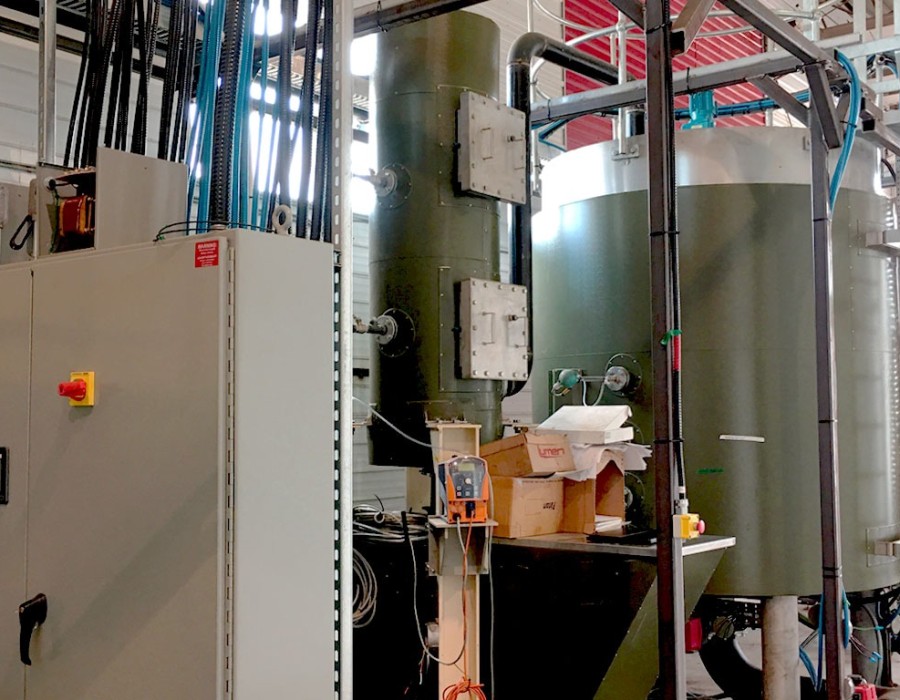In an era marked by rapid technological advancement, automation engineering has emerged as a pivotal force driving efficiency, productivity, and innovation across diverse industries. From manufacturing and logistics to healthcare and finance, the integration of automation engineering is reshaping the landscape of modern business operations. This article delves into the significance of Automation Engineering Company, its applications, and its potential to revolutionize the future.
Understanding Automation Engineering
Automation engineering is a multidisciplinary field that combines principles of engineering, computer science, and information technology to design, develop, and implement automated systems. These systems can perform tasks with minimal human intervention, enhancing precision, speed, and reliability. Automation engineers leverage cutting-edge technologies such as robotics, artificial intelligence (AI), machine learning, and the Internet of Things (IoT) to create intelligent systems capable of performing complex functions.
Applications Across Industries
Manufacturing: One of the earliest adopters of automation engineering, the manufacturing sector has significantly benefited from the integration of automated systems. Automated assembly lines, robotic arms, and computer-controlled machinery have streamlined production processes, reduced labor costs, and minimized human error. The concept of smart factories, where machines communicate and optimize production autonomously, is becoming a reality.
Logistics and Supply Chain: Automation engineering has revolutionized logistics and supply chain management. Autonomous vehicles, drones, and automated warehouses enhance the efficiency of goods transportation and storage. AI-powered algorithms optimize routes and inventory management, reducing delays and costs. This transformation ensures timely deliveries and enhances customer satisfaction.
Healthcare: In healthcare, automation engineering is enhancing patient care and operational efficiency. Robotic surgical systems enable precise and minimally invasive procedures, reducing recovery times and improving outcomes. Automated diagnostic tools and AI-driven analytics assist in early disease detection and personalized treatment plans. Additionally, automation streamlines administrative tasks, allowing healthcare professionals to focus more on patient care.
Finance: The financial sector is leveraging automation to improve accuracy and reduce the risk of human error in transactions and data analysis. Automated trading systems execute transactions at lightning speed, maximizing profits. AI-driven algorithms analyze market trends and customer behavior, enabling personalized financial advice and fraud detection.
Benefits of Automation Engineering
The adoption of automation engineering brings numerous benefits to industries and society at large. Key advantages include:
Increased Efficiency: Automated systems can operate 24/7 without fatigue, leading to higher productivity and faster turnaround times.
Cost Reduction: Automation reduces labor costs and minimizes waste, resulting in significant cost savings for businesses.
Enhanced Quality: Precision and consistency are hallmarks of automated systems, leading to higher-quality products and services.
Safety Improvements: Automation reduces the need for human intervention in hazardous environments, enhancing workplace safety.
Scalability: Automated systems can be easily scaled up or down to meet changing demands, providing flexibility to businesses.
Challenges and Future Prospects
Despite its numerous advantages, the implementation of automation engineering is not without challenges. High initial investment costs, potential job displacement, and the need for skilled personnel to design, maintain, and monitor automated systems are significant considerations. However, these challenges can be mitigated through strategic planning, upskilling of the workforce, and a focus on ethical AI practices.
Looking ahead, the future of automation engineering holds immense promise. The integration of advanced AI and machine learning capabilities will enable systems to learn and adapt autonomously, further enhancing their efficiency and effectiveness. The proliferation of IoT devices will facilitate seamless communication and coordination among machines, paving the way for fully autonomous ecosystems.
Waste to Energy Uk is at the forefront of a technological revolution that is transforming industries and shaping the future. Its applications span a wide range of sectors, delivering unprecedented efficiency, quality, and innovation. As businesses continue to embrace automation, the collaborative efforts of engineers, researchers, and policymakers will be crucial in harnessing its full potential while addressing the associated challenges. The rise of automation engineering heralds a new era of progress and prosperity, where intelligent systems work in tandem with human ingenuity to drive sustainable growth and development.





Comments